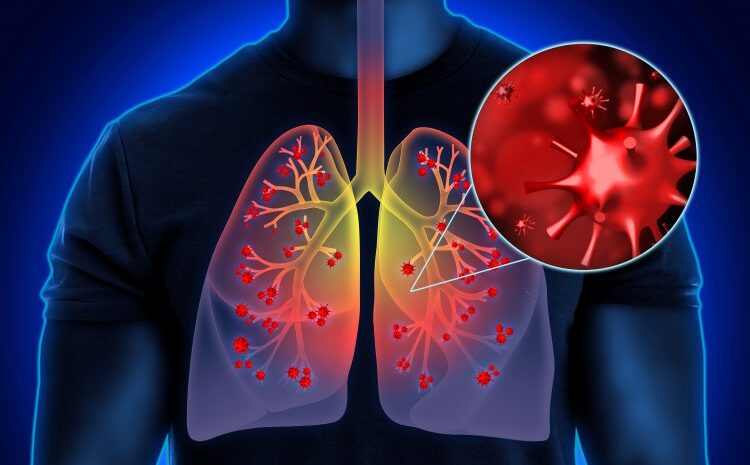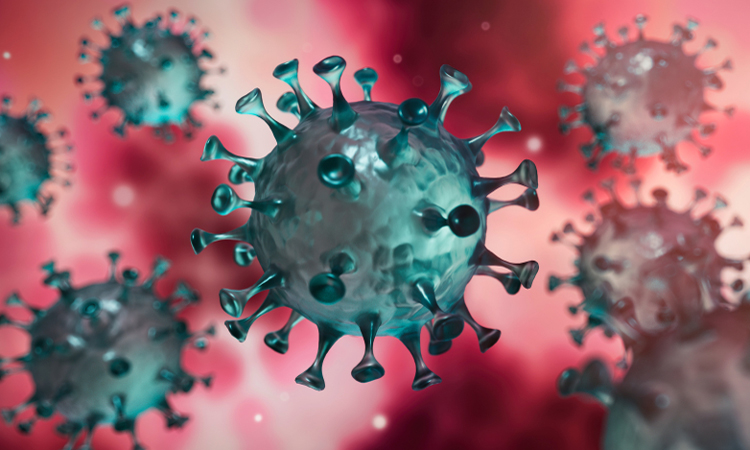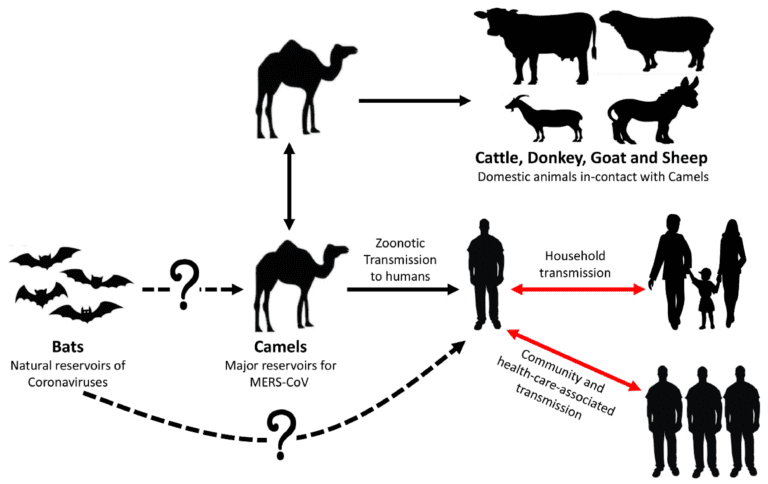
Unravelling MERS: A Closer Look at the Middle East Respiratory Syndrome
In 2012, a new and potentially deadly respiratory illness emerged in Saudi Arabia, sending shockwaves through the global health community. The Middle East Respiratory Syndrome (MERS) is caused by a coronavirus believed to have originated in bats and possibly transmitted to humans through camels. MERS has since become a public health concern, and its impact on human health is still a topic of research and surveillance.
Origins and Transmission: The origins of MERS date back to 2012 when the first cases were reported in Saudi Arabia. While bats are considered the primary reservoir of the MERS coronavirus, it is suspected that camels may act as an intermediate host through which the virus is transmitted to humans. The exact mechanism of transmission remains a subject of ongoing research, but human-to-human transmission, especially in healthcare settings, has also been observed.
Symptoms and Severity: MERS can manifest with a wide range of symptoms, from mild respiratory ailments to critical pneumonia and acute respiratory distress syndrome, which can be life-threatening. The incubation period for MERS-CoV is generally around 2 to 14 days. Common symptoms include fever, cough, shortness of breath, sore throat, headache, muscle pain, and gastrointestinal issues like vomiting and diarrhea. Notably, older adults and individuals with pre-existing medical conditions, such as diabetes, kidney disease, and chronic lung disease, are at higher risk of experiencing severe outcomes.
Global Impact and Spread: As of July 4, 2023, the World Health Organization (WHO) has reported 2613 cases of MERS, including 945 deaths. While the majority of cases have been reported in the Middle East, particularly in Saudi Arabia, sporadic cases have been identified in other regions due to travel-related incidents and limited human-to-human transmission. On July 10, 2023, the United Arab Emirates reported a confirmed case of MERS-CoV in Abu Dhabi, raising concerns about the potential for future outbreaks.

Preventive Measures: Since there is currently no specific vaccine or treatment for MERS, preventive measures play a crucial role in controlling its spread. Implementing good hand hygiene practices, such as frequent handwashing with soap and water for at least 20 seconds, can reduce the risk of transmission. Additionally, respiratory etiquette, including covering the mouth and nose with a tissue or elbow when coughing or sneezing, can help prevent the spread of respiratory droplets containing the virus.
Healthcare workers must adhere to stringent infection prevention and control measures when dealing with suspected or confirmed MERS cases. Wearing masks and using personal protective equipment can minimize the risk of exposure in healthcare settings.
Avoiding close contact with sick individuals and camels, especially in areas with known MERS cases, is essential. Consuming raw or undercooked camel products should also be avoided. During MERS outbreaks, wearing masks can provide additional protection against respiratory droplets carrying the virus.
Comparing MERS and SARS: MERS shares some similarities with Severe Acute Respiratory Syndrome (SARS), another viral respiratory illness caused by a different coronavirus. Both diseases can lead to severe respiratory complications and have raised significant public health concerns. However, they also have distinct characteristics.
MERS has a higher mortality rate, ranging from 30% to 40%, compared to SARS, which had an overall mortality rate of approximately 10% during its outbreak in 2002-2003. While both viruses are believed to have originated in bats, MERS is suspected to have been transmitted to humans through camels, while SARS was transmitted through intermediate hosts like palm civets and raccoon dogs in live animal markets in China.
Conclusion: Middle East Respiratory Syndrome (MERS) remains a formidable global health challenge, with the potential for sporadic outbreaks and severe consequences for vulnerable populations. Preventive measures, early detection, and surveillance are crucial for controlling its spread. Continued research into the virus’s transmission and potential treatments are essential for preparedness and response to future outbreaks. By implementing public health measures and raising awareness about MERS, we can take steps towards safeguarding communities and preventing the further spread of this enigmatic respiratory illness.




